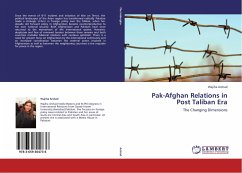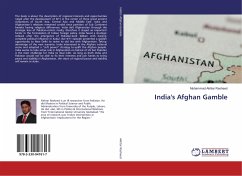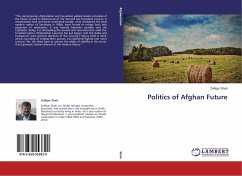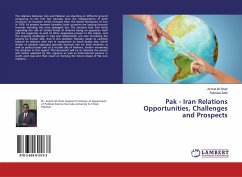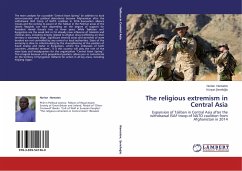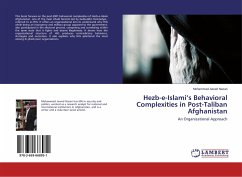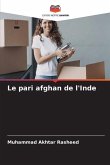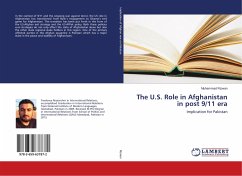Since the events of 9/11 incident and initiation of War on Terror, the political landscapes of the Asian region has transformed radically. Pakistan made a strategic U-Turn in foreign policy over the Taliban, when her decade old forward policy in Afghanistan became counterproductive to her own national security. Both Afghanistan and Pakistan have since returned to the mainstream of the international system. However, skepticism and fear of renewed tension between them remains and both countries revitalize bilateral relations with cautious optimism. There is a need for greater focus on Afghanistan by the international community and an increased coordination between the external actors involved in Afghanistan as well as between the neighboring countries is the requisite for peace in the region.
Bitte wählen Sie Ihr Anliegen aus.
Rechnungen
Retourenschein anfordern
Bestellstatus
Storno

